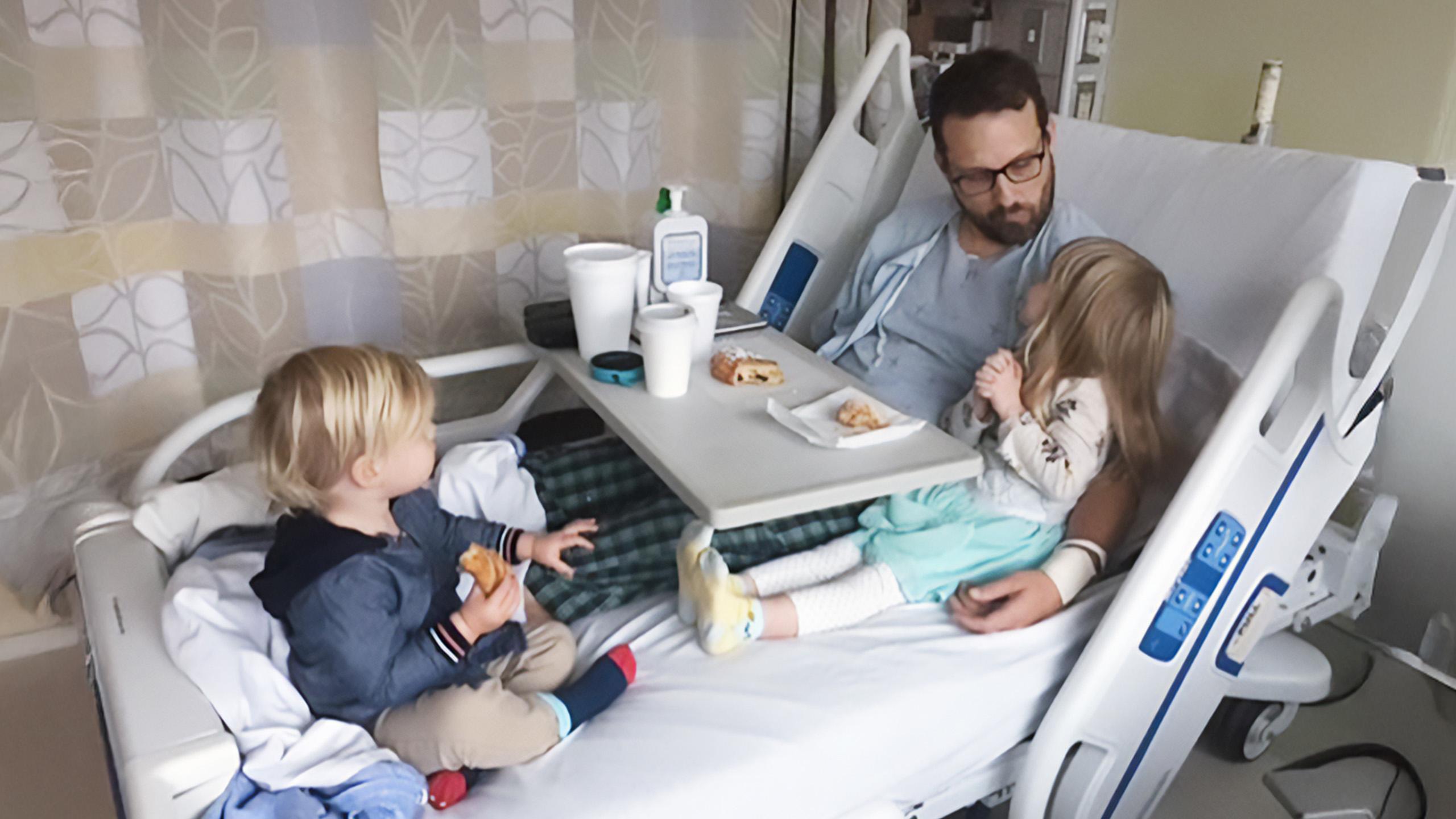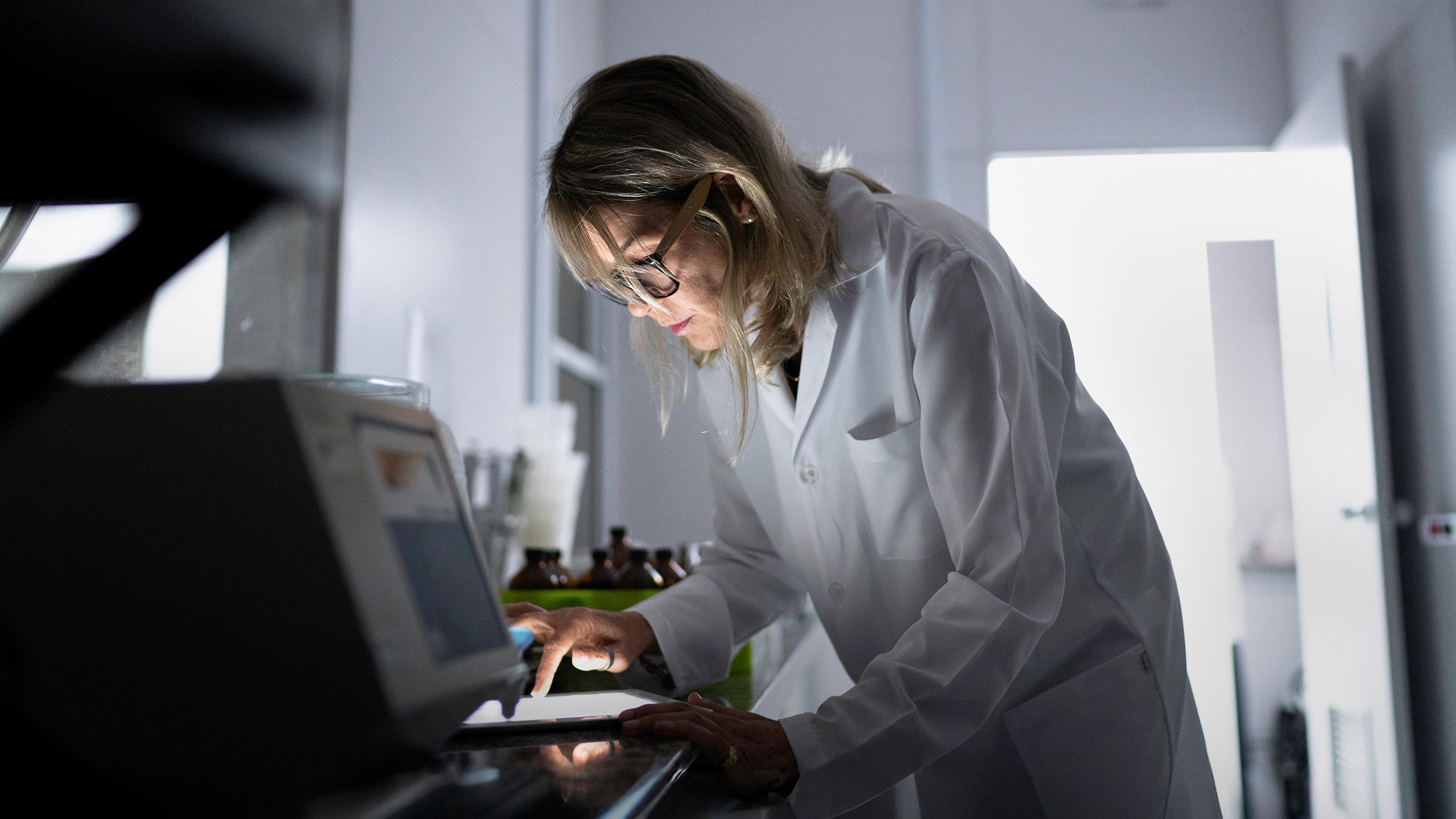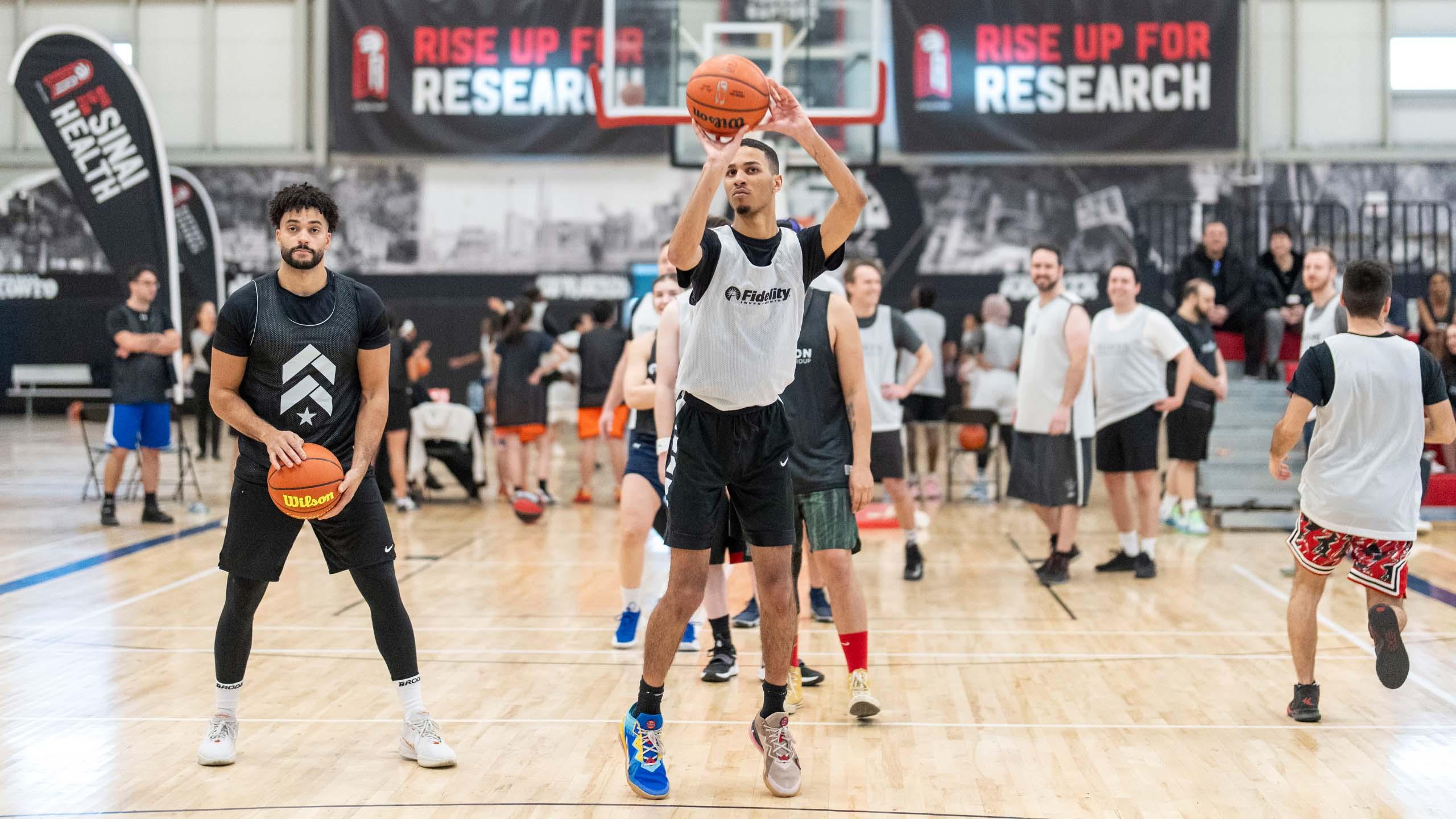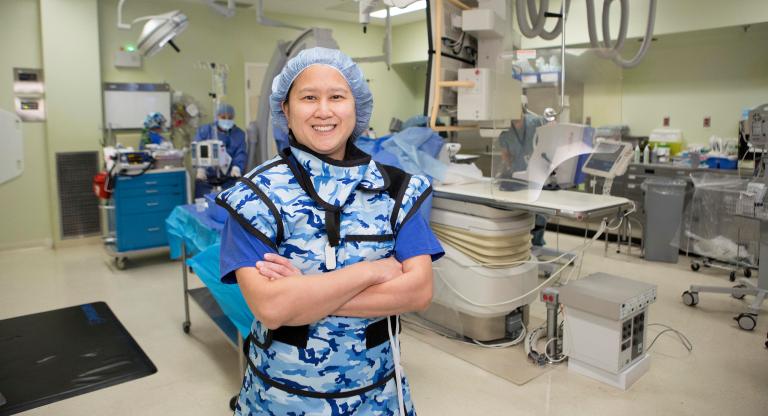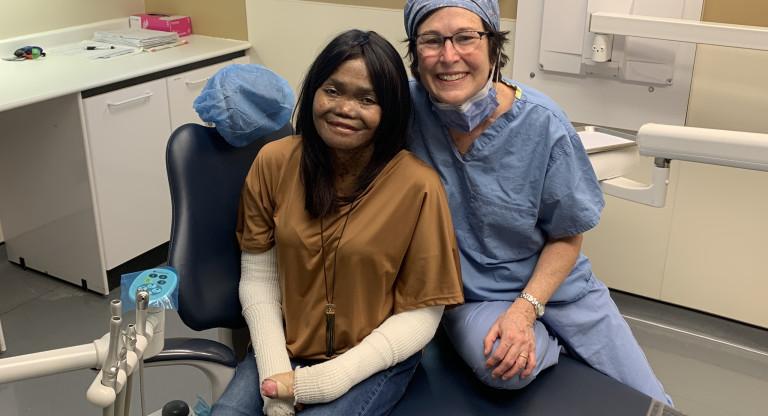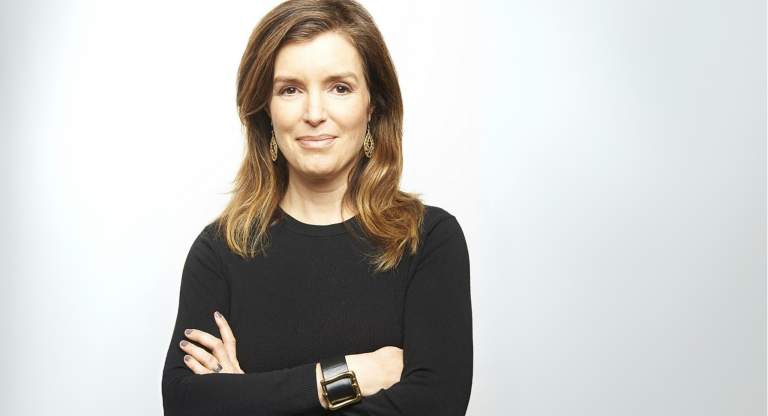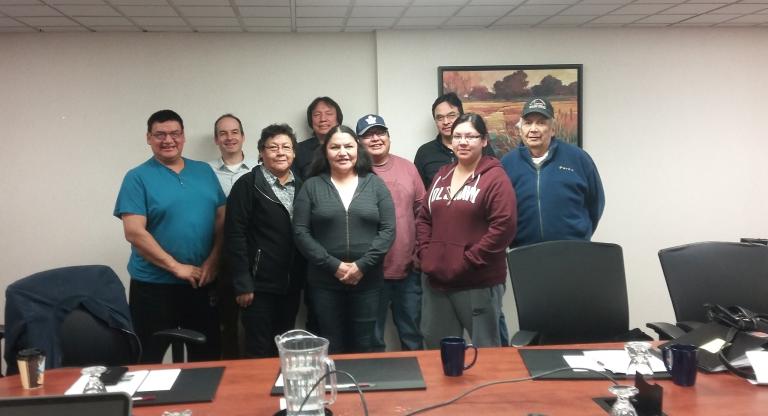Healthy aging and the role of the caregiver
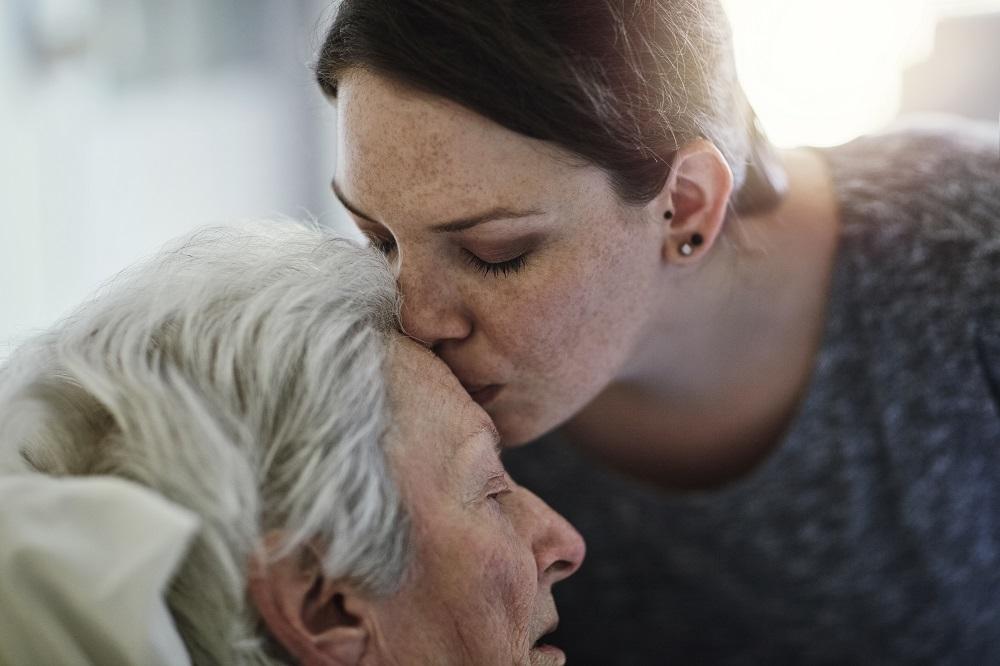
Caregivers are the unsung heroes of our communities. Over 8 million Canadians provide care to family members, friends or neighbours, with about 28% offering unpaid care to relatives and 15% to non-relatives. As 93% of older adults live at home, many rely on these dedicated unpaid individuals.
Here are some of the key takeaways from our recent Sinai Live, presented by Rexall, on healthy aging and the indispensable role of caregivers.
Caregivers are under-supported and under-resourced
Dr. Nathan Stall, a geriatrician and clinician-scientist at Sinai Health, highlighted the significant challenges caregivers face:
- Caregivers often perform complex medical tasks such as managing medications, administering injections, and operating medical equipment, all with minimal training or support.
- One in four caregivers reports poor mental health.
- Nearly one in five caregivers is over 65 and needs care themselves.
- One in five caregivers spends over $1,000 a month on out-of-pocket expenses not covered by public health and home care systems.
There is a hidden population of young carers
Dr. Marianne Saragosa, the inaugural Embedded Nurse Scientist at the Science of Care Institute and Centre for Nursing Excellence at Sinai Health, shed light on the significant yet often overlooked group of young carers. These caregivers, under 25, provide substantial care to family members with chronic or acute illnesses, mental health issues, disabilities or substance abuse disorders. A 2012 survey estimated 1.25 million young carers aged 15-24, likely an undercount. Despite the positives, such as developing strong bonds and gaining career inspiration, young carers often face stigma, limited support, anxiety, interrupted academics and poorer physical health than their peers.
Dr. Saragosa is a co-investigator in the RISE UP study, led by Dr. Kerner Crannick and young carer Isabelle Caven, which aims to create resources that support young carers in clinical interactions.
More supports for caregivers are emerging
At individual, organizational and policy levels, support for caregivers is growing:
The Cyril & Dorothy, Joel & Jill Reitman Centre for Alzheimer’s Support and Training at Sinai Health offers innovative programs like CARERS (Coaching, Advocacy, Respite, Education, Relationship, Simulation). This skills-based program empowers family caregivers with practical tools and emotional support, fostering resilience and reducing isolation.
At the organizational level, caregiver-friendly workplaces and policies are becoming more common. Sinai Health recognizes caregivers in the circle of care, includes them in key decisions, provides them with ID badges indicating their role and has eliminated visiting hours restrictions.
On the policy level, financial relief through tax credits is available but can be improved.
There are key factors to help more people age at home
The National Institute on Ageing outlines four key factors to help more people age successfully at home:
- Access to primary care and participation in preventive health efforts like exercise.
- Strengthened home and community care systems to improve support for older adults and caregivers.
- Age-friendly environments in city planning.
- Social connections to avoid loneliness.
This edition of Sinai Live was presented by Rexall, a long-standing partner of Sinai Health Foundation.
Click here to watch a recording of the full Sinai Live session.

